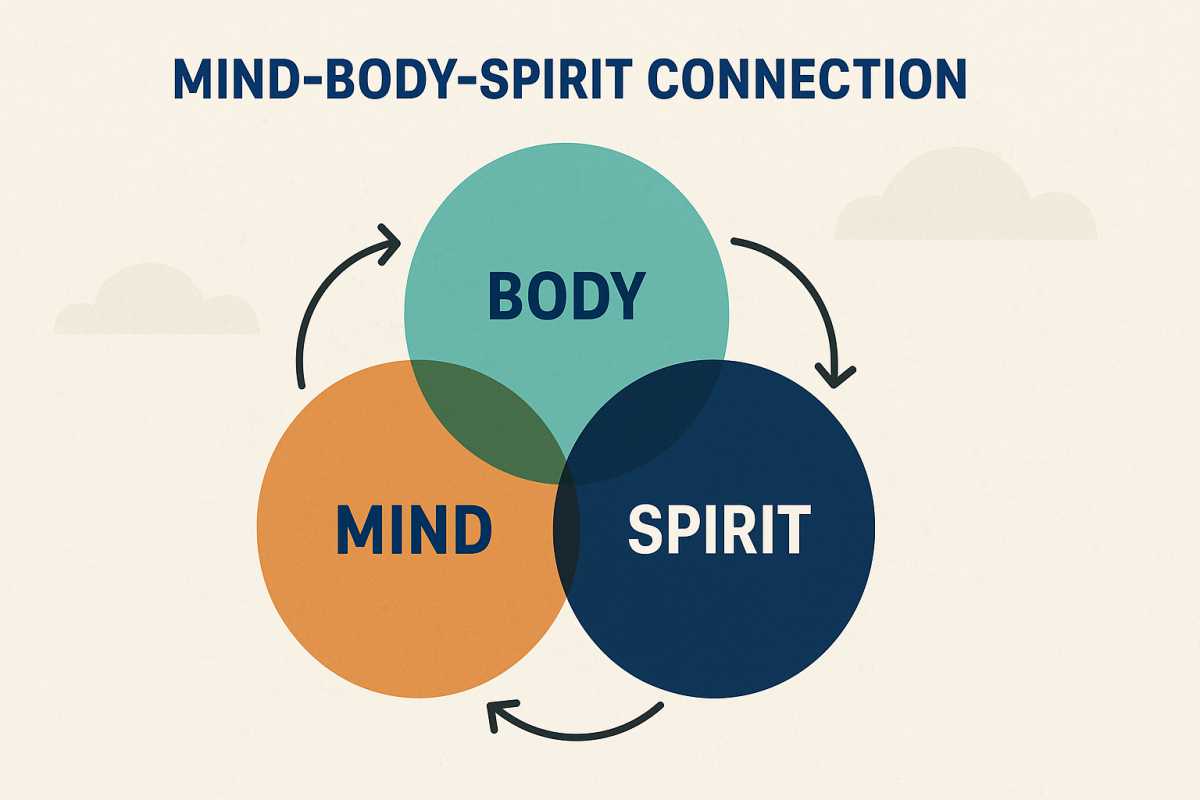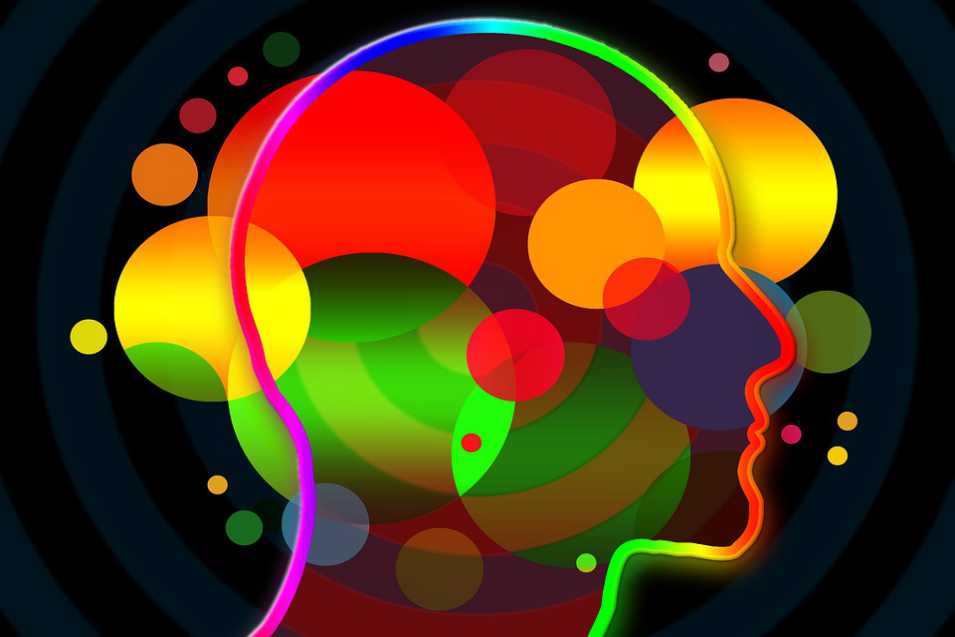Holistic behavioral health goes beyond treating symptoms. It emphasizes the connection between mind, body, and spirit, aiming to improve emotional, mental, and physical well-being simultaneously.
Instead of focusing only on one aspect of health, this approach integrates multiple therapies to uncover root causes, encourage balance, and support long-term recovery.
Why the Mind-Body Connection Matters
Decades of research highlight the importance of the mind-body link in overall health. Stress, unresolved trauma, or negative thought patterns can manifest physically, while chronic illness often impacts mental health.
Holistic behavioral health recognizes this two-way relationship and applies therapies that heal both the psychological and physiological aspects of well-being.
Key Components of Holistic Behavioral Health
-
Meditation & Mindfulness: Proven to reduce stress, improve focus, and even support cellular health.
-
Traditional & Modern Therapy: Blending cognitive-behavioral therapy with supportive holistic practices.
-
Lifestyle Interventions: Nutrition, sleep hygiene, and physical activity to maintain energy balance.
-
Creative Therapies: Art, music, and movement therapy to access emotions beyond words.
Benefits of a Holistic Approach
-
Addresses Root Causes: Goes beyond symptom relief to resolve underlying triggers.
-
Reduces Stress & Anxiety: Encourages resilience and calm through mind-body practices.
-
Supports Relapse Prevention: By treating the whole self, holistic therapy strengthens long-term stability.
-
Promotes Lifestyle Change: Provides tools to maintain balance in daily life.
Personalized, Goal-Oriented Therapy
Holistic therapy often integrates personalized goals into treatment. These goals are measurable, flexible, and tailored to each person’s needs, making progress more meaningful.
Patients are empowered to track their growth, adapt strategies, and celebrate milestones along the journey.

Group Therapy vs. Individual Therapy
Both group therapy and one-on-one sessions can be part of a holistic plan:
-
Group therapy: Builds community, provides peer support, and reduces isolation. (Group Therapy in NYC)
-
Individual therapy: Offers privacy, personalized strategies, and deeper exploration of issues.
A combination of both may provide the most balanced healing experience.
Art Therapy: Healing Beyond Words
Art therapy is a creative form of holistic behavioral health that uses drawing, painting, or sculpting to explore subconscious emotions.
It helps individuals process trauma, relieve stress, and connect with emotions that may be difficult to express verbally. For conditions like PTSD, anxiety, and depression, art therapy offers a safe and nonjudgmental outlet for healing.
How to Get Started
If you’re considering holistic behavioral health, begin by exploring which therapies resonate most with you—whether it’s meditation, art therapy, or traditional counseling. Working with a therapist who values the whole person approach ensures your treatment plan is balanced and sustainable.
FAQ
What makes holistic behavioral health different from traditional therapy?
It treats the whole self—mind, body, and spirit—rather than focusing only on symptoms.
Is holistic therapy evidence-based?
Yes. Many practices like meditation, mindfulness, and art therapy have research-backed benefits for stress, resilience, and mental health.
Can I combine holistic therapy with medication or medical treatment?
Absolutely. Holistic behavioral health complements—not replaces—traditional medical care. Always consult your healthcare provider for integrated support.
Related Article: Holistic phychiatry
